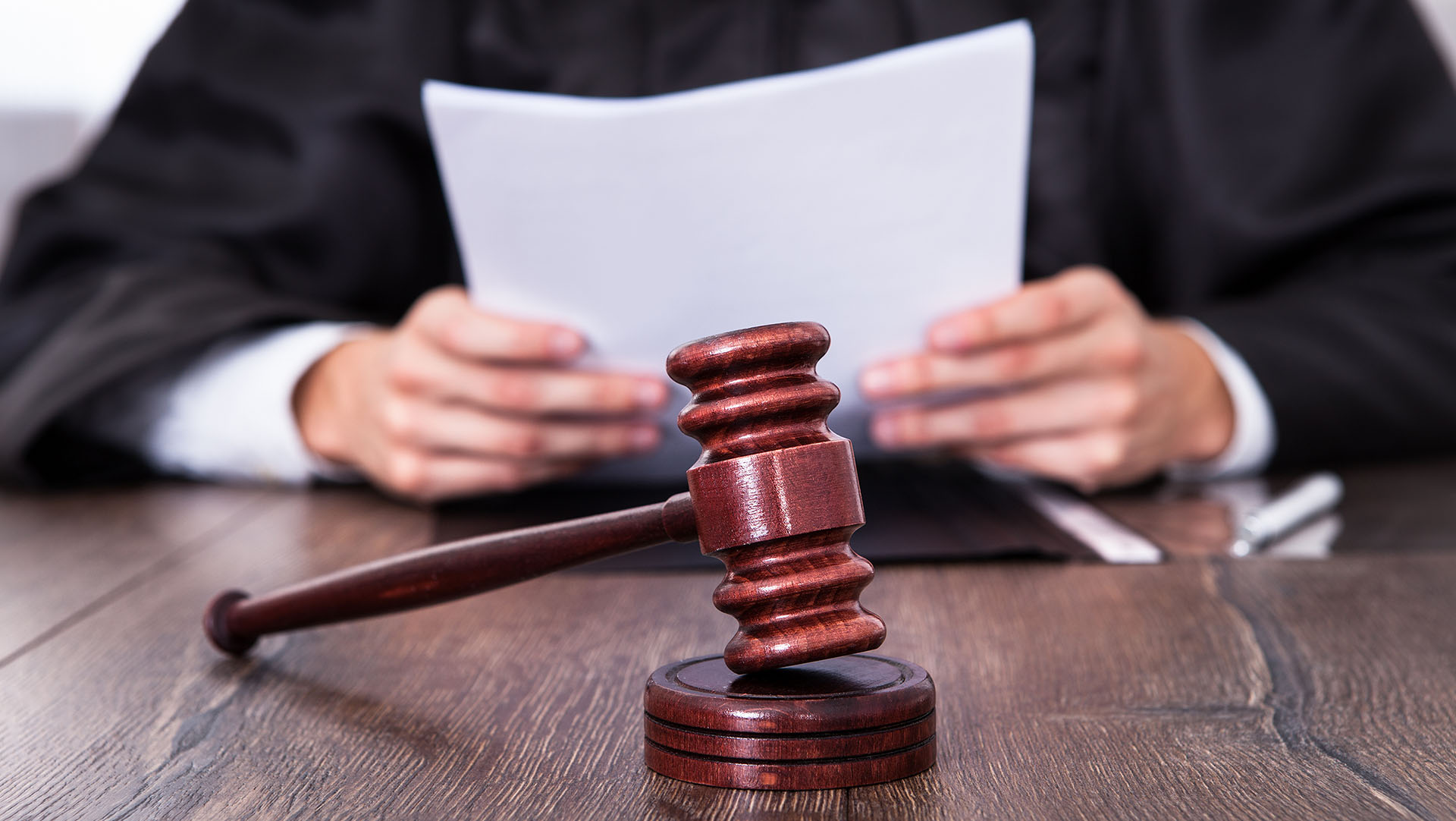
Trademarks are an important part of your business’s intellectual property. Your trademark is a unique word, symbol, logo, phrase, design, or combination of these that distinguishes your goods or products from competitors. For instance, IpHorgan distinguishes our law firm from others.
Trademark protection and enforcement is a key tool in your belt to protect your company and market. Navigating the world of trademarks can be overwhelming, but spending some time understanding the distinctions and working with a team that specializes in trademarks can give you peace of mind.
In order to distinguish your business, your trademark cannot name or describe the goods or services you offer. Good or strong trademarks are four kinds, and each has its own distinguishing characteristics.
Types of Trademarks
Fanciful or Arbitrary
Fanciful trademarks are invented words or logos not attributed to anything in the “common language.” Although Google is derived from the number “googol” the word Google did not mean anything when it became a trademark for the internet search engine. Arbitrary trademarks are ordinary dictionary words whose meaning is well known, but not relevant to the product. A good example is Dawn dish soap. When the trademark was registered, “Dawn” was a well-known naturally occurring event, but would not be associated with cleaning soap.
Suggestive
A suggestive trademark hints the brand’s ethos, and lets the consumer connect it to the product. An illustration is NIKE for footwear. In Greek legend, Nike is the goddess of victory. While the goddess is not known for wearing sneakers, her spirit suggests NIKE sneakers might lead to success.
Descriptive
A descriptive trademark has a mark which describes the product. Famous examples are American Airlines, Mr. Clean, and Cool Whip. Each of these describe the product for which they are a trademark. Descriptive trademarks are generally considered “weaker” and more difficult to defend and register. As they enjoy marketplace success and become commercially strong, they also become legally strong. Even though “American,” describes anything from the Americas, anyone planning on launching a new airline under the name American is likely to be quickly shot down.
Generic
Generic terms cannot function as trademarks. These are words that directly name the goods on which they are used. For instance, the word computer on a CPU just names the product. It cannot distinguish one computer from another and cannot function as a trademark. A major challenge for the developers of unique new products to give them a generic name and a trademark. An example from recent history is Apple’s launch of the combination music player, telephone, and internet communicator, a product which it was careful to name a smartphone and to trademark iPhone.
There are also service marks, which are trademarks for services offered. STATE FARM is an example. State Farm doesn’t sell goods, it sells services and its service mark distinguishes its insurance services from those of its competitor, such as ALLSTATE.
Why consider different types of trademarks?
When determining what type of trademark to apply for, first assess your needs. If you cannot decide what type of trademark suits your needs, or if you are worried about the specificity of your mark, contact your lawyer.
Consulting on the type of trademark to register can save you a lot of headaches for denied applications. This kind of guidance can help you determine whether or not you need to adjust your mark as well. Understanding what trademarks to apply for, the classification of your mark, will save you money in application fees.
How to file your trademark
- Search through the Trademark Electronic Search System (TESS) and USPTO to see if your mark is identical or highly similar to a mark already filed or registered for the same goods or services. If not, you may wish to consider more intensive searching. This type of pre-filing review is referred to as “clearing a mark” and can be very technical and expensive.
- Once your proposed mark has been cleared, it may be time to seek a registration. It is not necessary to obtain a registration, however, doing so confers a presumption of ownership on the registrant and over time the registration can become a valuable business asset.
- Filing the application requires that you name the owner, provide a copy of the trademark, identify the goods or services or both to be claimed, and pay the official fees. Sometimes applications sail through, however, because there are lots and lots of registered marks and all kinds of technical issues that can arise, around 95% of all applications filed with the Trademark Office meet with an objection of some sort. It is often best to consult with an attorney who can help you find a path to registration success.
When should you register your trademark?
You can use your trademark as soon as you are satisfied that it is clear. You do not need to wait for a registration. Indeed, you do not even have to file, although obtaining a registration is recommended for the reasons outlined above. Also,you can use the trademark ™ on your mark even before you even seek a registration. The symbol ™ is a way of putting others on notice that you are claiming trademark rights in the word or symbol.
The registration symbol ® mark must only be used with registered trademarks. Using it on marks that have not been registered is a form of fraud.
When should you consult a lawyer
It is certainly possible to drive from Chicago to Los Angeles without consulting your GPS or using a map. But if you want the fastest and the most direct route, you’d better use one or the other. Same with trademarks. Many businesses have created successful trademarks without ever speaking to a lawyer. But if you want the fastest and most direct route to trademark success, consult your lawyer. IpHorgan knows the trademark landscape and can help get you quickly and safely to your destination.
IpHorgan
At IpHorgan, we offer you insight that can only be acquired and meticulously developed during our 15 year history as a team with over 200 years cumulative professional experience working on intellectual property transactions with businesses in nearly every sector of the U.S. and global economy.




